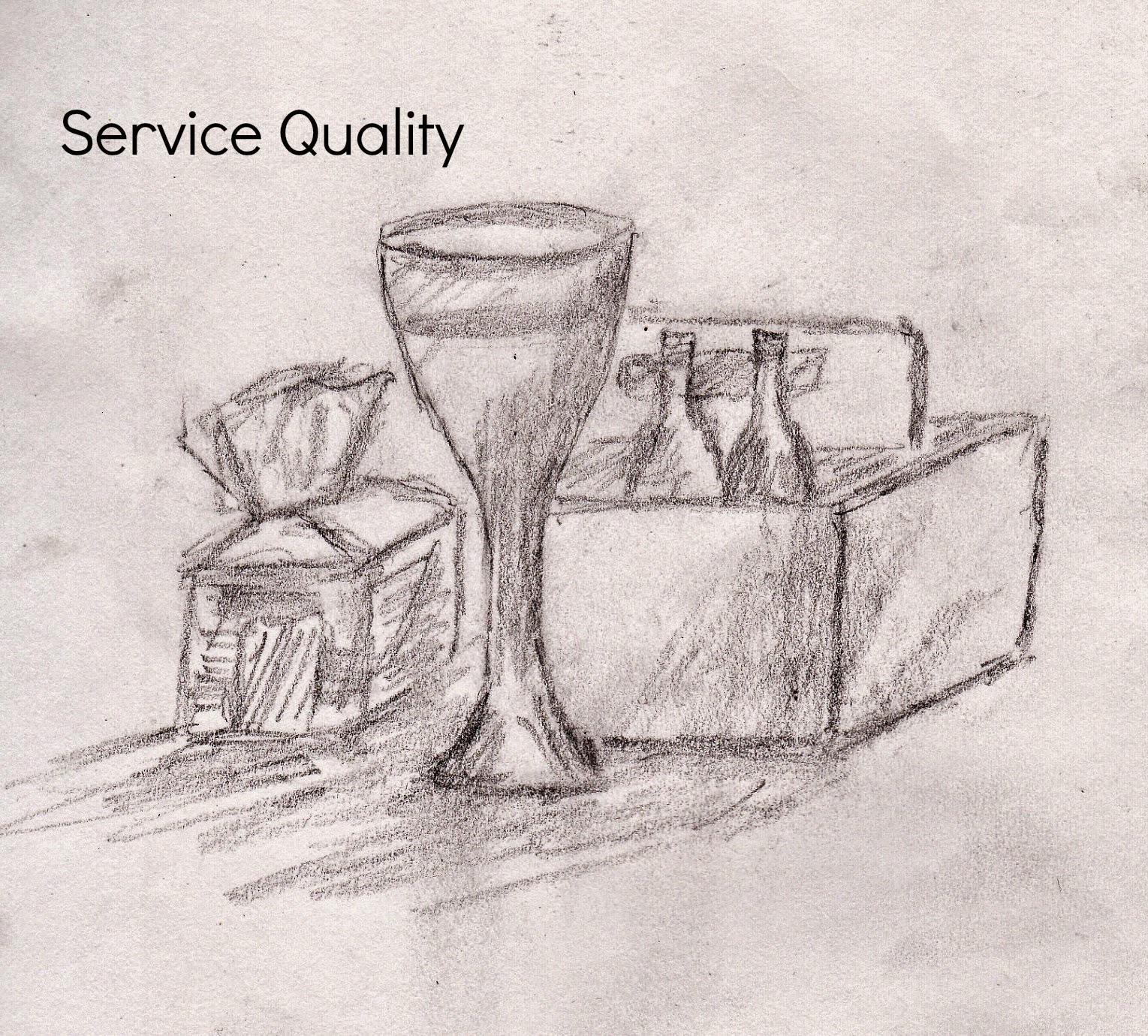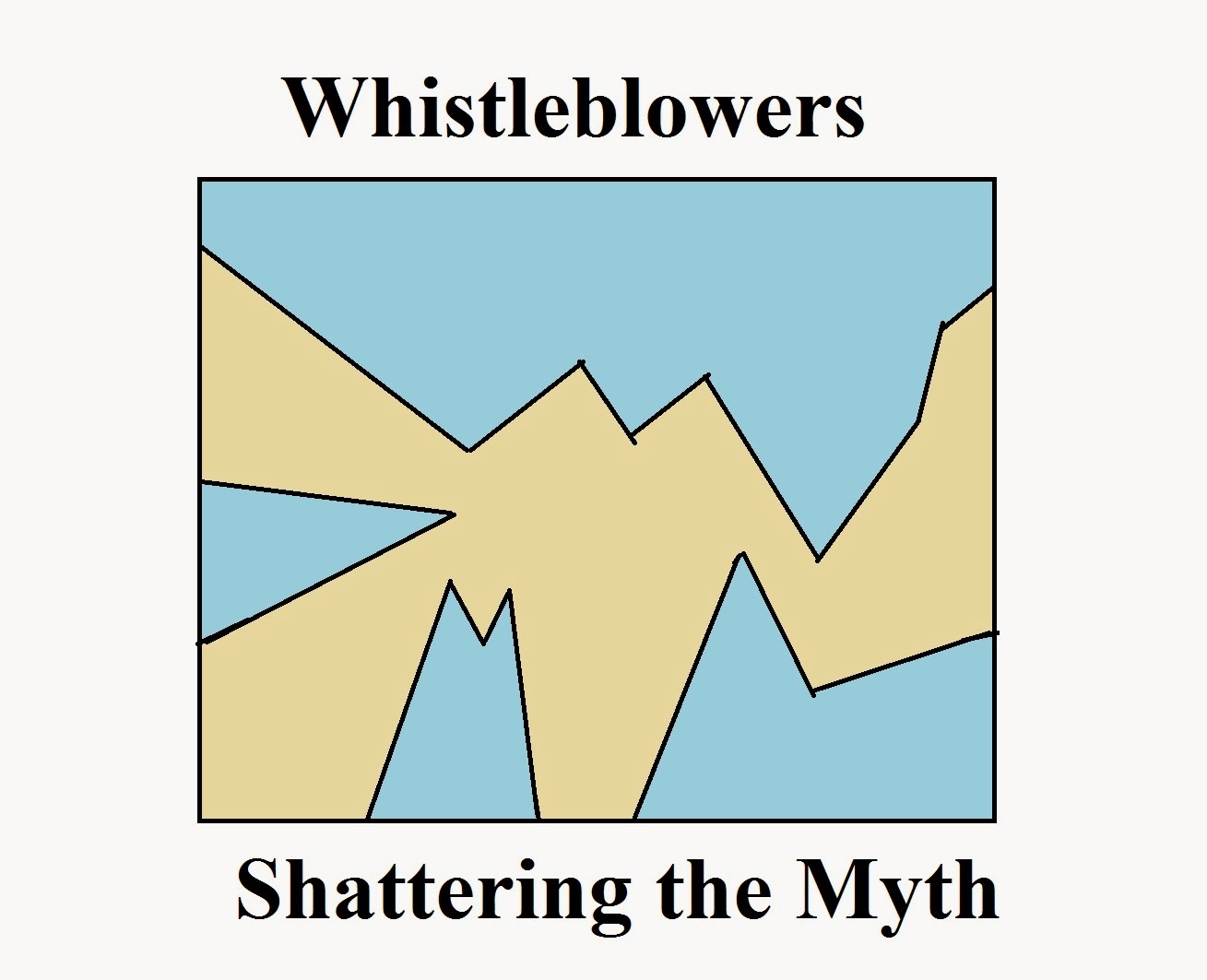Ethics is rooted in the greater good of society and the rules and norms that help ensure society doesn’t suffer at the hands of a few selfish individuals. Ethics can be applied to many different situations that range from dumping hazardous waste into rivers to using corporate influence to thwart regulations. Unethical behavior thrives in environments of fear and silence. Whistle blowers are those who are willing to break that cycle for something greater than themselves.
As bad as it sounds, powerful entities and stakeholders sometimes profit off illegal and unethical behavior. Consider the case of Sharon Watkins and her challenge of unethical behavior at Enron. After contacting CEO Kenneth Lay about accounting irregularities her findings were dismissed. Despite being an auditor, no one believed her until the entire company collapsed.
There were previous signs of “crooked” activities in the company but people either ignored these signs up or covered them up quickly. In the case of Enron, it needed someone who understood “creative accounting” and enough confidence to bring the issue up to the CEO. A “sweep under the carpet” investigation occurred and everything was ignored until the whole company collapsed.
After coming forward Sharon Watkins gained a few public speaking engagements that paid well but ultimately she lost out on the stability of a solid job at Enron. She paid a higher price than those who stayed silent. Her courage was met by a barrage of high powered attorneys that sought to discredit her claims, question her character, dig through her background, and make arguments that the company did no wrong.
Her case is not unique and every year there are hundreds, if not thousands, of people who report wrongdoing who are quickly snubbed, discredited, and fired for their actions. Even though these whistle blowers believe in something greater than themselves, fight for right over wrong, and challenged the status quo they are often quickly crushed by the same system they are trying to protect.
Problems Facing Whistle blowers:
-Apathy and Cover Up: Whistle blowers are required to try and first bring issues up to the company. Good companies who believe in solving problems will naturally focus on improvement while crooked companies focus more on discrediting the whistle blower.
-Credibility: Whistle blowers credibility is challenged at every turn making them a pincushion to everyone else’s needs. From company officials that try to deflect responsibility to justice officials that must determine whether or not they are going to spend resources on investigating claims the whistle blower is in the line of fire.
-Social Rejection: Turning in wrongdoing is not going to make you many friends. When people question the actions of superiors they will quickly be rejected and punished. Such superiors will create hostile environments to force the challenger to leave and suffer very few consequences for doing so.
A Skewed Legal System: Today’s legal system is focused on catching petty crimes while having a difficult time understanding complex financial fraud. It takes considerable education, experience, and resources to find irregularities across many different accounts. A poor thief gets prison time and the wealthy thief gets a slap on the wrist only because of the large grey areas.
-Improper Value Systems: Far too many companies support environments that promote a win at all costs mentality. There should be a healthy balance between profitability and positive corporate citizenship. Both types of behaviors should be rewarded.
Financial Consequence: Most whistle blowers lose because the are not generally supported, funded, or have access to resources that would help them. Many find their financial lives in ruin for turning in crime thereby setting examples of what not to do. The incentives and protections for taking action are nearly non-existent.
-Theory vs. Reality: We teach ethics in business courses but don’t often follow up in the corporate world creating mixed signals for those facing ethical dilemmas. Values must come from a deeper place that most people never develop. To turn in crime and be crushed for the greater good of society or to keep silent and keep your career are fundamental questions.
Whistle blowing is not something most people can muster the character or strength to do on their own volition. Sadly, those who have the abilities and intelligence to understand the bigger picture must risk much to follow their values. Even though they are the one’s that support higher standards in society they too often find that such values are not shared by everyone.
Despite a somewhat dysfunctional system and general apathy toward unethical behavior we are almost always dumbfounded when things go bad why people didn’t come forward sooner. We are aghast at the idea that so many people knew and stayed silent for so long. It only took one person to make the delusion come down with a crash and open our understanding.
At the end of the day we instinctively know that society can’t function well if there are no consequences for predatory behavior. Societal growth relies on shared values that ensure people trust the system and its ability to ensure fair economic opportunities. Those that protect America’s values and opportunities sometimes become casualties. If you asked whistle blowers if they would do it again I believe many are likely to say, “in a heartbeat” despite having no rational reason for doing so.




